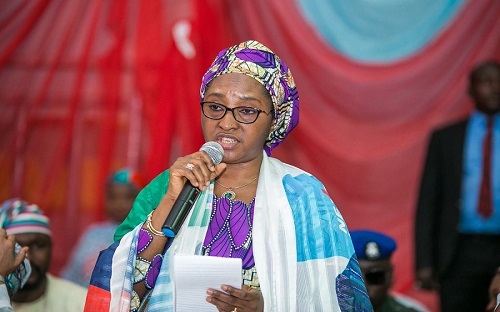This post has already been read 431 times!
The revenue inflow to the federation account from the oil and non-oil sector increased by 3.28 percent to N1.26 trillion in July 2022 from the N1.22 trillion recorded in June.
According to the details in the revenue report of the office of the Accountant General of the Federation, the Nigerian Upstream Petroleum Regulatory Commission (NUPRC) raked in N292.8 billion, while the Nigeria Customs made N190.26 billion for the month.
On taxes, revenue from the oil sector to the Federal Inland Revenue Service (FIRS) amounted to N191.7 billion, while the non-oil sector contributed the highest for the month at N444.65 billion.
For value-added tax (VAT), FIRS raked in N190.26 billion down from N208.15 billion recorded in June 2022.
For the seventh consecutive month in 2022, the Nigerian National Petroleum Company (NNPC) Limited failed to contribute revenue to the federation purse as subsidy payments eroded oil gains.
Recall that in the first half of 2022, petroleum subsidy claims surpassed oil and gas revenue from crude sales by N210 billion.
Within the period, NNPC recorded N2.39 trillion as gross revenue from oil and gas sales receipts and N2.6 trillion as subsidy claims. It, however, deducted N1.59 trillion to cover part of the subsidy costs.
Out of the 1.26 trillion revenue for July, the Federation Account Allocation Committee (FAAC) shared N954.09 billion among the three tiers of government, after statutory deductions.
The federal government received N406.610 billion, states received N281.342 billion, and the local governments received N210.617 billion.
Last year, the World Bank warned that Nigeria’s revenue-to-Gross Domestic Product ratio, which fell to between 5 and 6 per cent last year, was the lowest in the world.
World Bank’s Country Director for Nigeria, Dr Shubham Chaudhuri, stated this during a panel session at a virtual public sector seminar organised by the Lagos Business School.



